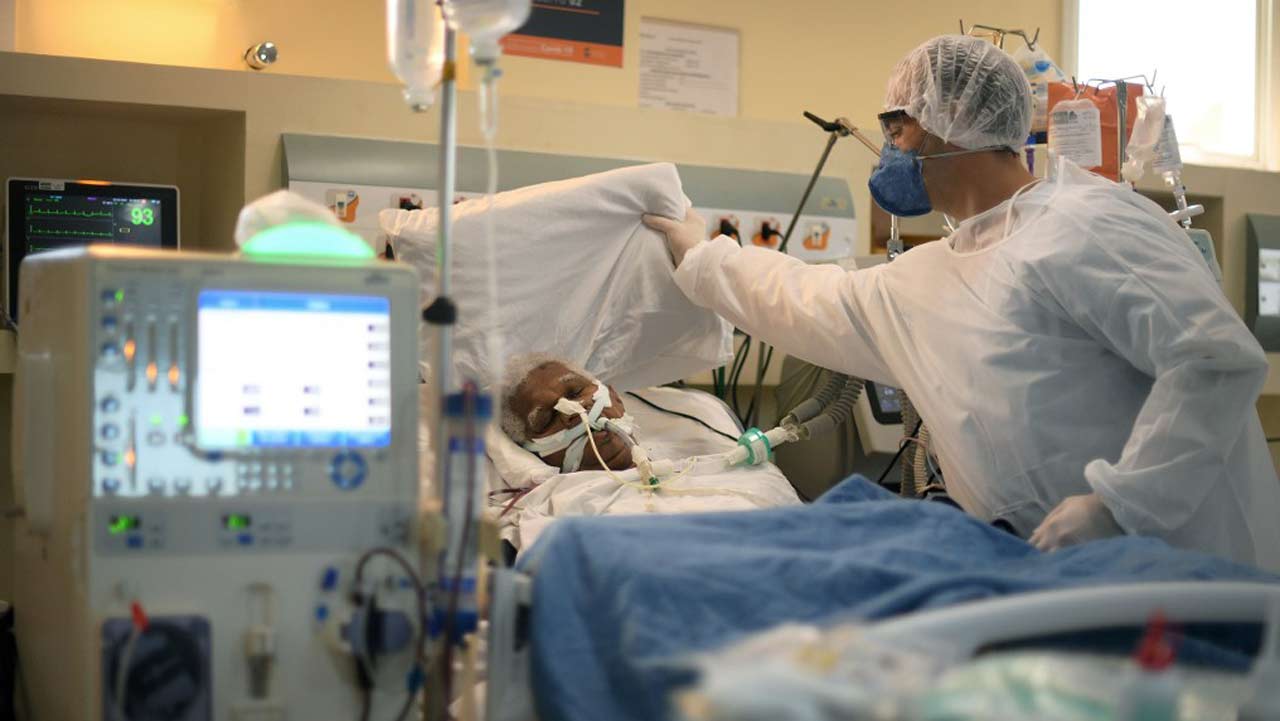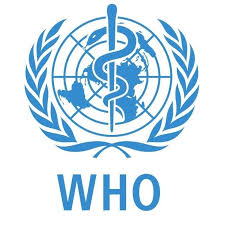The World Health Organisation (WHO) says additional research needs to be made on traditional medicines in the areas of extraction, processing and combination in order to really know the efficacy of herbal medicines in the treatment of malaria.
 According to WHO, no traditional medicine has been authenticated for the treatment of malaria even as it stressed the need to increase efforts to achieve a 40 percent drop in global malaria cases and deaths by 2020.
According to WHO, no traditional medicine has been authenticated for the treatment of malaria even as it stressed the need to increase efforts to achieve a 40 percent drop in global malaria cases and deaths by 2020. Regional Director of WHO, Dr. Matshido Moeti who disclosed this while briefing journalists on the 2018 World Malaria Day said that there is an increase in global malaria cases in 2016 adding that 194 million new cases of malaria and 410,000 deaths were recorded in the African region in 2016.She observed that 14 countries with the world’s biggest malaria burden are in sub Saharan Africa and accounts for 80 percent of the global burden.
Moeti who was represented by the Country Representative, Dr. Wondimagegnehu Alemu noted that there is a significant gaps in the implementation of measures to prevent malaria adding that many countries are not on track to achieve the targets of the global Technical Strategy for Malaria 2016-2030.
Moeti observed that elimination of malaria requires above all political leadership at the highest level and urged countries affected by malaria to work with development partners to boost investments in malaria prevention and control especially for new tools to combat malaria.#
By: Nkechi Onyedika-Ugoeze, Abuja
The Guardian News
ABUJA: Training Schedule for Basic Life Support BLS, Pediatric Advanced Life Support (PALS), Advanced Cardiovascular Life Support ACLS, First Aid, CPR, AED
PORTHARCOURT: Training Schedule for Basic Life Support BLS, Pediatric Advanced Life Support (PALS), Advanced Cardiovascular Life Support ACLS, First Aid, CPR, AED
LAGOS: Training Schedule for Basic Life Support BLS, Pediatric Advanced Life Support (PALS), Advanced Cardiovascular Life Support ACLS, First Aid, CPR, AED



